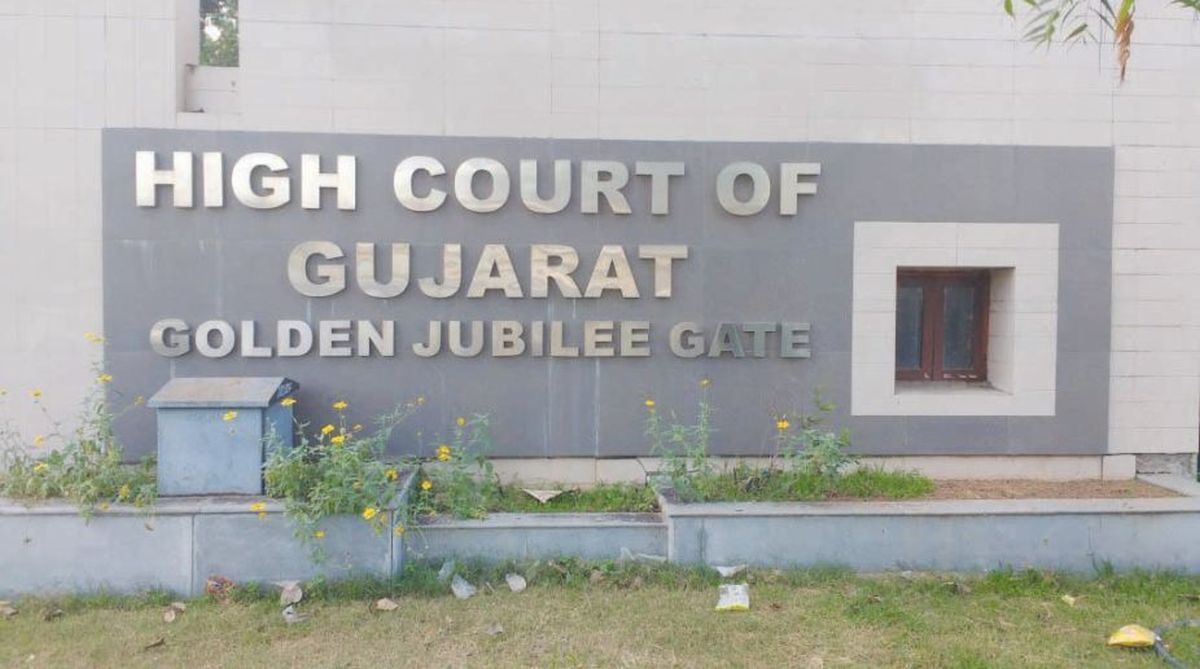MP govt mulling liquor ban in religious cities
Madhya Pradesh Chief Minister Dr Mohan Yadav said on Monday that the BJP state government is seriously contemplating to ban the sale and consumption of liquor in all the religious cities of the state.
The petitioners ~ Milind Nene, Niharika Joshi and Rajiv Patel ~ have argued that consumption of alcohol is natural as it has existed in human society for thousands of years.

Gujarat High Court.
The Gujarat High Court has admitted an interesting petition challenging the state’s six-decade-old prohibition law.
Consumption of liquor is banned in Gujarat ever since the state’s inception in 1960, but the ground reality proves that the prohibition law is a big joke. A division bench of the High Court led by Chief Justice R Subhash Reddy has asked the state government to clarify its stand on the subject by next week when the hearing would be taken up.
Advertisement
Though Gujarat’s prohibition law is in operation for 68 years now, no one willing to pay a premium price has ever been denied his alcoholic privilege owing to the existence of a well organised bootlegging network.
Advertisement
The petitioners ~ Milind Nene, Niharika Joshi and Rajiv Patel ~ have argued that consumption of alcohol is natural as it has existed in human society for thousands of years. The State does not have the legislative competence to “criminalise and punish private transport, possession and consumption of intoxicating liquors and entry into the state in intoxicated state”. Quoting Article 21 of the Constitution, the petitioners argued that the State cannot dictate what he will eat and what he will drink.
“A citizen has right to choose how he lives, so long as he is not a nuisance to society”, the petitioners told the High Court. The prohibition laws are violative of Article 14 of the Constitution as they create a class of people to whom permits are issued, thus allowing them to purchase, possess and consume liquor, the petition said.
The petitioners have also questioned the permission for liquor extended to Army canteens, messes and special economic zones (SEZs) visited by foreign businessmen and investors.
“The petitioners can’t be prohibited from his/her choice within the confines of private space, subject to orderly behaviour, of privately possessing, transporting and consuming his/her liquor”, they pleaded before the High Court.
Advertisement